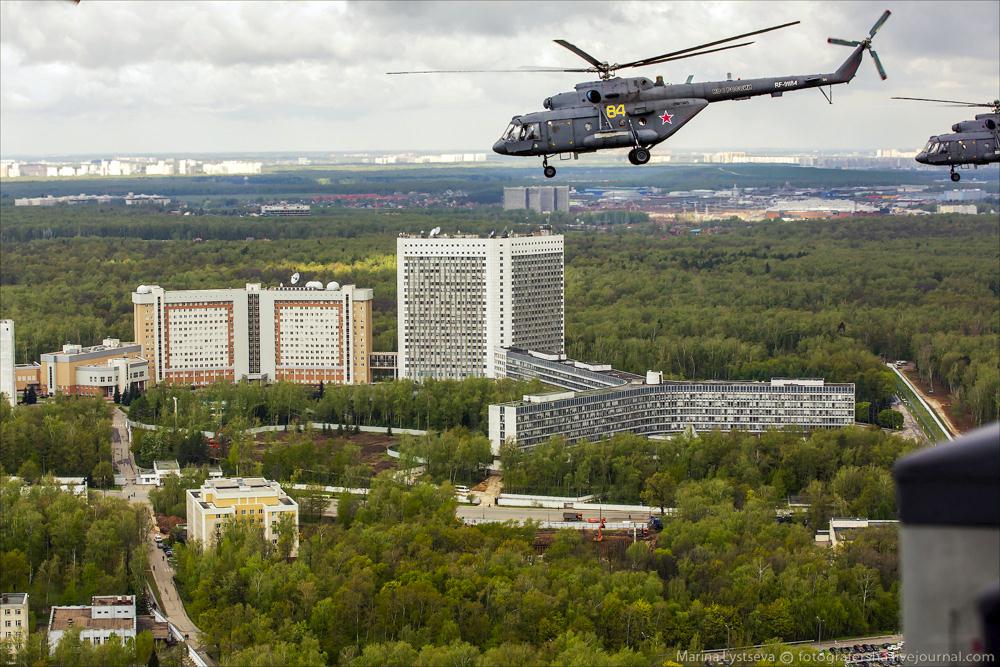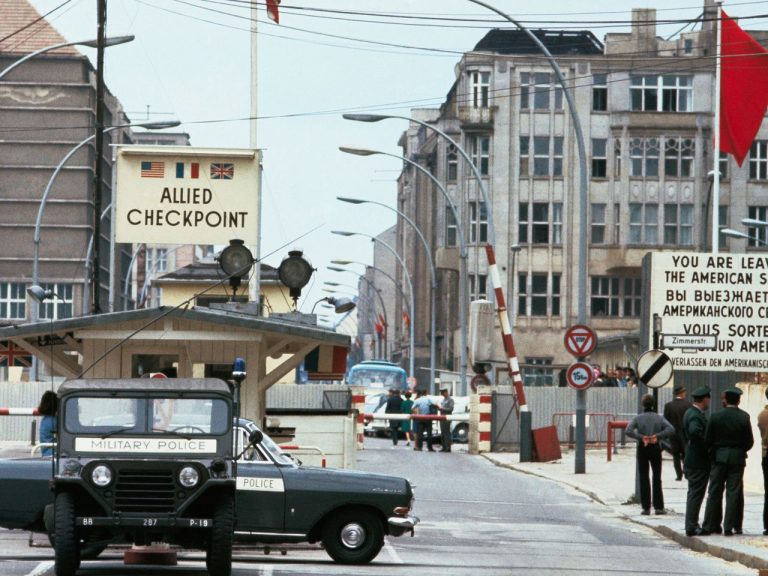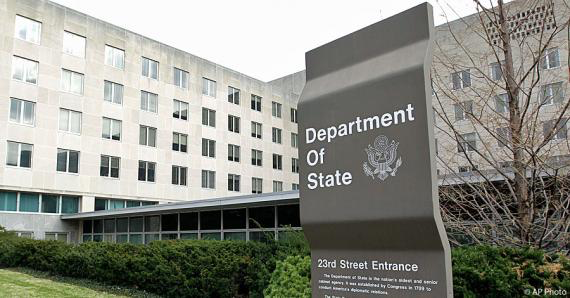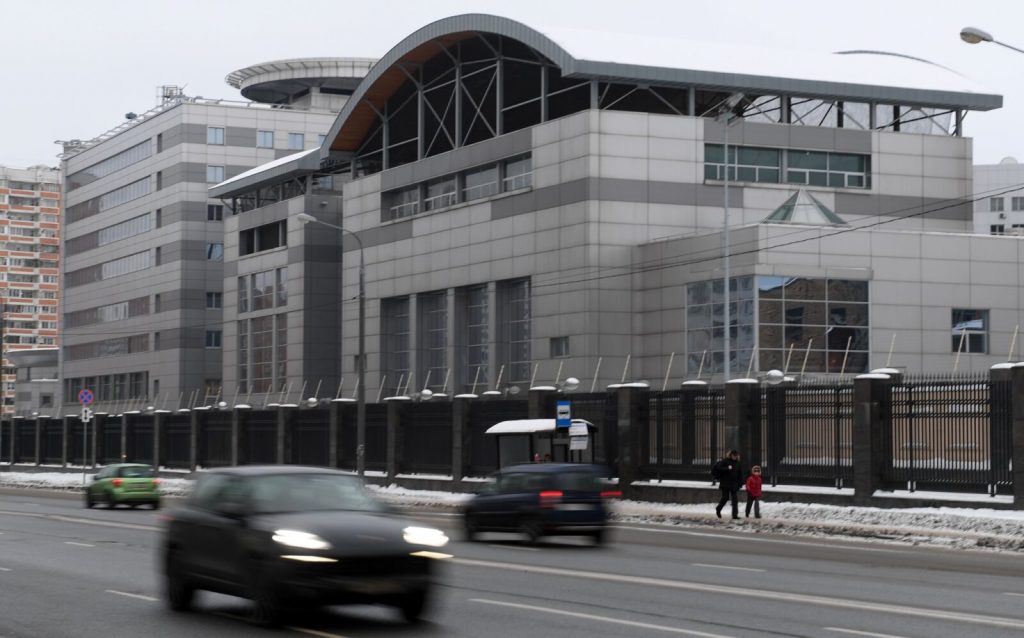Intelligence and sabotage penetration by Russia into NATO exceeds Cold War levels, thus bearing much greater risks for the West and Alliance as a whole.
On June 6, in an interview with the German Welt am Sonntag newspaper, Thomas Haldenwang, who leads the Agency for the Protection of the Constitution, said Russia’s intelligence in the Federal Republic of Germany was as intense as it had been during the Cold War. He says Russia has a very complex intelligence interest in Germany in most policy areas, like foreign policy, military equipment, defense and involvement in EU agencies. He also claims Moscow’s pivotal interest in Germany now is the policy of sanctions against Russia.
But the BND head does not consider the significant change that has taken place in Russia since the collapse of the Soviet empire. That change scales up massively the risks for the Euro-Atlantic community, thus making comparison to the Cold War days extremely dangerous to put current risks and security in perspective. Taking the activity by the Russians then as basic indicator, we deliberately miss some issues that have emerged over the past three decades, and that should have us step up a strike back at Russia’s aggressive subversion even today. We are not talking here about the technology that allowed for cyberattacks against strategic facilities.
Social and economic changes that have empowered the Kremlin need to be given priority.
The Soviet Iron Curtain made it difficult for Russia to move its agents abroad. Soviet intelligence operatives recruited agents and sources under the claim they were diplomats, journalists or illegal immigrants, taking a long time to establish positions. Then, the foreigners who entered the Soviet Union were recruited there as agents. But the very existence of the “curtain” proved a stumbling block for Russian intelligence.
As the Soviet Union fell, a lot of people from there emigrated to the West. Lots of emigrants preserved their nostalgia for Russia and even for the Soviet regime. Thus, they formed a basis to be recruited and used in ops by Russian intelligence. They have not just integrated into the society of the countries of residence, got the jobs in business and government offices, but also started families, and their children often side with Russia too and have deeply integrated into Western communities. They are used not just to collect intelligence, but also to run disinformation and propaganda campaigns. The level of Russia’s information influence through social networks cannot be compared to the Kremlin’s resources before 1991. Moscow has got a free hand to influence elections and public opinion, which was impossible during the Cold War.
Risks of infiltration and missions by Russian intelligence operatives have also raised, as Europe opened for the Russians to visit. That is confirmed by the fact that the identified intel officers Petrov and Bashirov, who made an attempt to kill the Skripals in Salisbury, entered the UK as tourists. As the number of Russians entering the West, as tourists as well, increases, the higher is risk that spies, and subversives get to our countries. National counterintelligence cannot process so many people coming from Russia, especially amid the risks that have emerged by the rise of Islamic fundamentalism, also encouraged by Russian intelligence in Europe.
The number of Russian overseas offices and state agencies, officially working abroad, as their employees conduct intelligence in the host countries, has increased recently. State-owned overseas offices were supplemented by private overseas offices that did not exist in Soviet times and run missions for the Russian government today.
The Focus magazine, citing the BND, claims that at least 200 agents under diplomatic cover today are aimed at providing the Russian intelligence with information from Germany. Apart from the embassy in Berlin, they mainly act in Hamburg, Leipzig, Frankfurt and Munich. Agents dig up confidential information for the Kremlin through recruited sources in politics, business, the army and the media.

Read also: Russian intelligence cover structures abroad
In the same interview with Haldenwang, Bruno Kahl, president of Germany’s foreign intelligence agency (BND) warnedthat China and Russia were using all possible methods in Germany to stir up dissonance between states in the West.
As the Soviet Union fell, Moscow has improved the quality and identified the West’s vulnerabilities, using them today to roil and destroy Western democracy. We will lose this game if we keep on calming down the Kremlin and avoid decisive actions to counter aggression. We should partially return the deterrents used for Moscow in Soviet times: the Iron Curtain, as a way to restrict the entry by Russians into our states; to block and withdraw Russian bribery funds from the Western economy. If we keep on drawing dividends from Russian funds, close to the government, Russia will limit our ability to respond, and our offices will be plagued by corruption.
The Kremlin is extremely afraid of disintegration with the financial offices in the West, as its economy is unable to survive at its sole cost and expense. That is why all threats to the economy, e.g., disconnecting Russia from SWIFT, blocking Visa Mastercard systems give conniptions to Moscow.
Moody’s estimates that tougher-than-expected sanctions that would well shatter Russian economy or public finance, thus sidelining the country in servicing and refinancing its debt, would pose a risk to Russia’s credit profile.
We have not resorted to deporting near relations of regime leaders in Russia and other enemy countries. Moreover, despite the facts of subversion (murders, explosions), the Kremlin is not in the list of the states sponsoring terrorism.
They depend on the West up to the hub, so, if sidelined outside of Russia, their attitude towards our states and our allies might take on quite a different turn. Business relations with Russia are not to be established unless it drops its destructive policy towards our states. But that refusal is possible only if Moscow loses the ability to run such missions.







